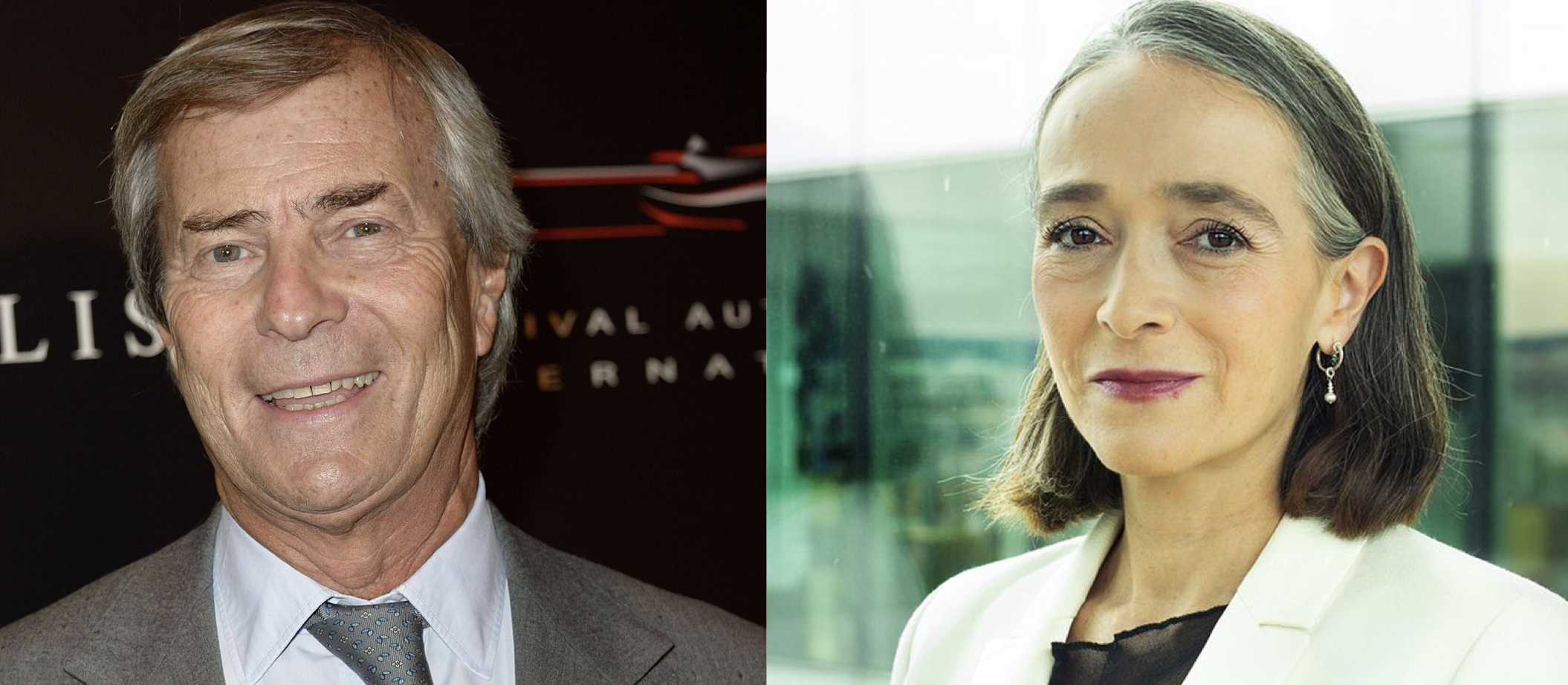LE DIVORCE: The Cannes Festival and its main sponsor Canal Plus part ways
PARIS – On Thursday it was announced that Canal Plus, a France-based media conglomerate that began in 1984 as this country’s first privately-owned television, would be definitively pulling out of the Cannes Festival as its main sponsors. Cannes, and Canal as it’s known more simply, have been in a collab for the last 28 years, the latter beaming the opening and closing ceremonies into hundreds of thousands of homes, its familiar logo omnipresent on the Croisette. Good news bad news, not sure, but the future is likely bright for the Cannes Festival, with a promise for a renewed audience with new sponsors.
When you live in France, Canal is synonymous with prestige, quality programming and major support of French cinema. Any French person worth their salt has a MyCanal channel subscription (I don’t, Showtime and Netflix do me good), which can be costly what with the diversified online streaming offering, the Cine Series slate and all the pecuniary extras that go with those, and others like them. As it were, the Cannes Festival is also prestigious, with glitter, red carpets and evening wear and the postcard pull of the French Riviera, besides the festival’s commitment to launching many a director’s career and backing some of the talked-about movies year-round and hosting the biggest movie screenings in the world for an international corps of film critics and professionals. The Lumière theatre, inside the Palais where the festival is held, boasts 2,200 seats. During the Cannes Festival there are 2,000 screenings going on each day–two thousand. Image-wise Canal Plus went well with the Cannes Festival, so it’s a shame that they’ve gone their own way.
Canal was also a sponsor with a heavy footprint in the local film industry.
If you watch a hundred French films per year, online or inside a movie theatre, chances are Canal has put up some cash to help produce 20% of them. In the pre-sales game also Canal Plus is known as one of the biggest players. It pre-bought 114 films in 2019, including Mati Diop’s “Atlantique.” In 2005 it was 120 films. 103 films were pre-bought in 2014. I don’t have time to provide comparisons so just take my word for it: it’s a lot of movies to be putting coin in.
But back to “le divorce”–no big woop, you might argue, and you might be right, too. France’s public television, France Televisions and Brut, another media group, are taking up the mantle in a new collaborative deal. They will be front and center at the festival, which takes place every year in May.
France Télévisions was founded in 1992 or rather, it was reestablished after two former French state-owned TV channels were combined by the then-government. What I like about France Télévisions is that it’s run by a woman, Delphine Ernotte, who previously ran Orange France, another major corporate player in France which happens to also have a presence at the Cannes Festival, providing high-speed internet for free to the festival’s 4,000 festival-goers, among other services.
The arrival of France Televisions heralds one clear advantage: a new demo. It’s known for attracting a younger viewership, that which will, by association, would presumably open up the Cannes Festival to a wider audience. Another benefit of France Televisions and Brut is that these channels beam out to overseas households more.
But sometimes, it’s just the old timetable at play here. And maybe some financial considerations?
The current five-year sponsorship deal with Canal Plus was due to expire this month, in fact. In 2016, two years after Vivendi, which is Canal’s parent company, appointed French financier Vincent Bolloré as it new president, the head of Canal Plus, Maxime Saada, was heard commenting about the mounting costs of being at the Cannes Festival in the face of a viewership on the wane for the opening and closing ceremonies.
Change was indeed afoot that year when Le Grand Journal, a much-hyped talk show which pitched its tent in Cannes during the Festival every year, beaming from a sound stage built right on the Croisette, was scrapped. Other smaller changes followed, the Canal Plus patio, a local schmoozefest, was shut down and the Canal Plus villa party, which happened once during Cannes, went dark.
All these factors and the fact that the Cannes Festival had started a bidding process to look for a new sponsor, cognizant, perhaps, that Canal would not be renewing its lease, is why we’ve ended up where we are today. And loss of prestige or not, it’s probably a good thing. Onward and upward, I’ve always said. Just as long as Nespresso doesn’t bail out, it’s going to remain copacetic around here.
news via inbox
Nulla turp dis cursus. Integer liberos euismod pretium faucibua




